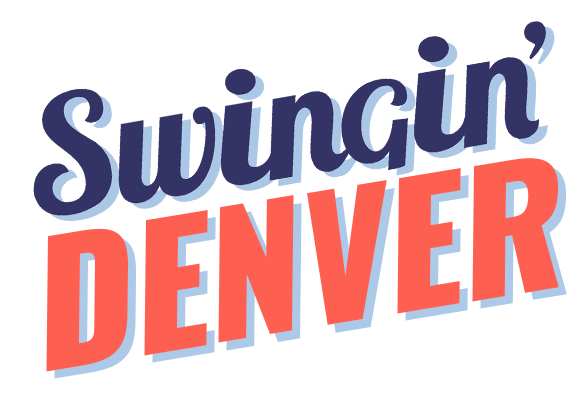Were you or are you a dancer consumed by the notion that Lindy Hop = triple steps and 8 count patterns? Were you or are you dismissive of dancers that relish or prefer expressing their rhythms in slow and quicks? Triple steps were everything to me when I first moved to Denver. It was how I was going to dance multiple swingouts in a row, be asked to join 23 Skidoo, achieve greatness and notoriety while shedding my former jitterbug self!!!
Yes, my first introduction to Lindy Hop was under the guise of jitterbug or east coast swing at an all-ages establishment in Overland Park, KS. We danced pretty straight to rarely swung neo-swing tunes. Beats were attacked, groove was lost, we just weren’t that cool. It’s remarkable the difference in how one dances to swingin’ tunes with the slow, slow, quick, quick basic we learned and shared with collegiate shag and balboa.
Now due to our particular dance and teaching journey, we disagree with the notion of Jig Walks being a "lost basic" but understand how it reflects others' experiences. It's a topic that I and Delilah enjoy exploring mostly during workshop events. It’s particularly fascinating to see footage of Frankie Manning share what, in his opinion, are the basics of Lindy Hop - the jockey and jig walks, both having 0 triple steps. Triple steps and our ability to blend many different counts of patterns are how we differentiated ourselves from others, though.
We point this out because there has been an over-reliance on triple steps in creating hierarchies between dancers. The difference between rhythms people prefer due to their dance experience, age, abilities, how the music is speaking to them creates unnecessary separation between groups. And, as someone pointed out recently, triple steps are tiring AF! I mean, we were at a collegiate event pre-covid and these follows were rapping out bababa, bababa, baba and my lazy ass is just grooving to my uh-slowly, uh-slowly, quick, quick beat.
As a swing dance scene mostly founded post-1995 on viewpoints rooted in the ballroom world known for cultural appropriation and stamping out Blackness, we need to remain curious, ask questions and reflect on our history because we (speaking as a white male who started dancing in 1997 in the aforementioned ballroom) got history.

